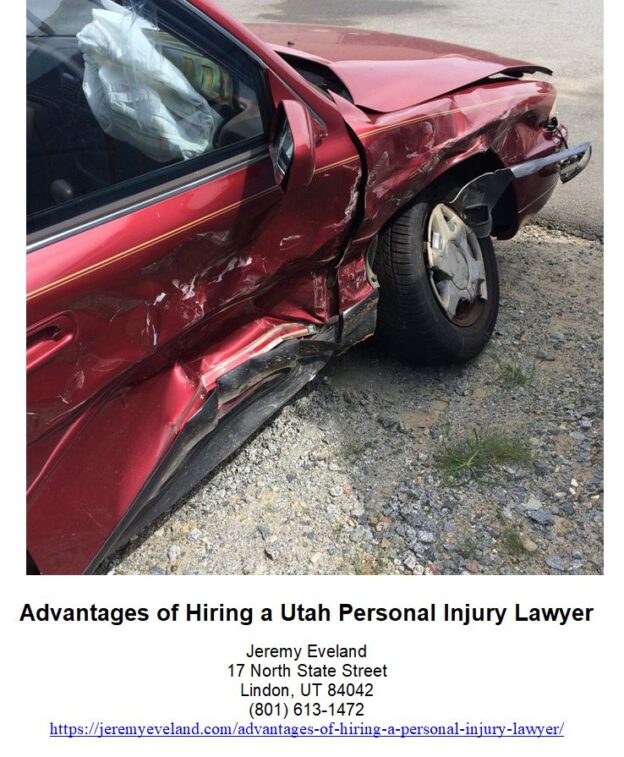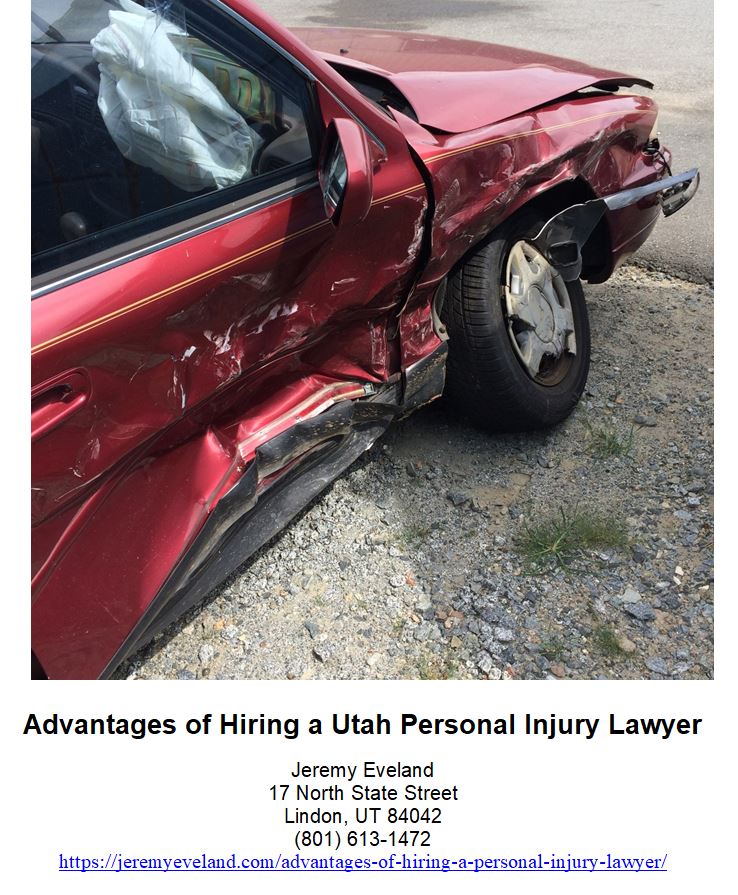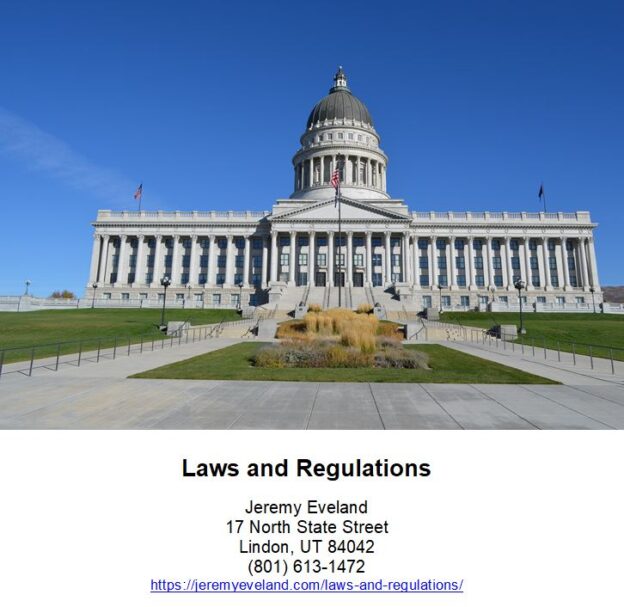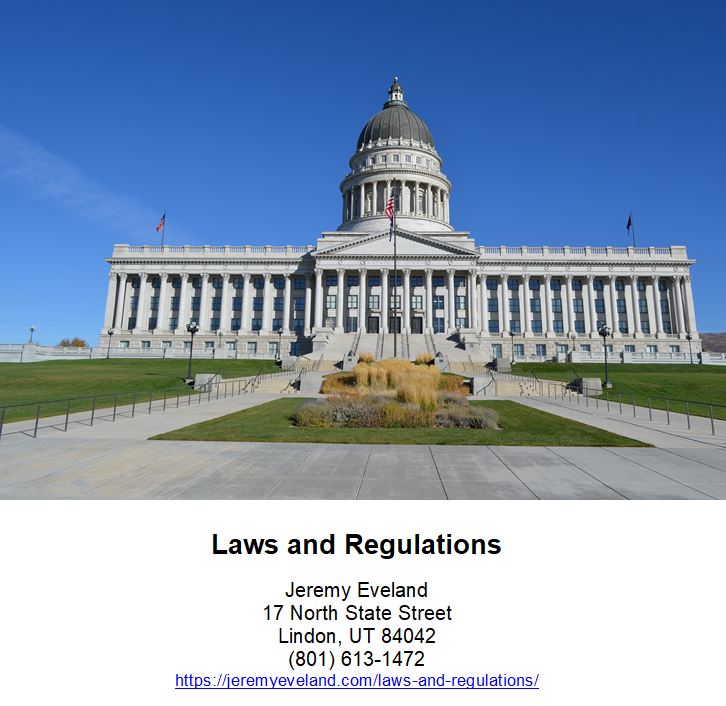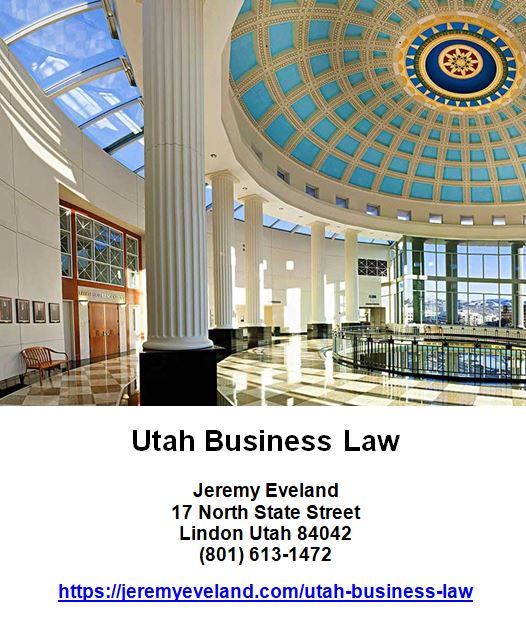-
Utah Lawyer
- Introduction
- How a Utah Personal Injury Lawyer Can Help You Receive Maximum Compensation for Your Injury
- The Benefits of Working with a Utah Personal Injury Lawyer to Navigate the Legal System
- Understanding the Statute of Limitations for Personal Injury Claims in Utah
- What to Expect When Working with a Utah Personal Injury Lawyer
- How to Choose the Right Utah Personal Injury Lawyer for Your Case
- Q&A
“Get the Justice You Deserve with a Utah Personal Injury Lawyer!”
Introduction
If you have been injured in an accident, you may be considering hiring a Utah personal injury lawyer to help you with your case. A personal injury lawyer can provide you with the legal advice and representation you need to ensure that you receive the compensation you deserve. Hiring a personal injury lawyer can provide you with a number of advantages, including access to experienced legal counsel, the ability to negotiate a fair settlement, and the assurance that your rights are being protected. In this article, we will discuss the advantages of hiring a Utah personal injury lawyer.
How a Utah Personal Injury Lawyer Can Help You Receive Maximum Compensation for Your Injury
If you have been injured due to the negligence of another person or entity, you may be entitled to compensation for your losses. A Utah personal injury lawyer can help you receive the maximum compensation for your injury.
A personal injury lawyer is an attorney who specializes in representing individuals who have been injured due to the negligence of another person or entity. They are knowledgeable in the laws that govern personal injury cases and can help you understand your rights and options.
Your personal injury lawyer will review the facts of your case and advise you on the best course of action. They will work to ensure that you receive the maximum compensation for your injury. This includes compensation for medical bills, lost wages, pain and suffering, and other damages.
Your personal injury lawyer will also handle all of the legal paperwork and negotiations with the other party’s insurance company. They will work to ensure that you receive a fair settlement that covers all of your losses.
Your personal injury lawyer will also be able to provide you with emotional support throughout the process. They understand the stress and trauma that can come with a personal injury and will be there to help you through it.
If you have been injured due to the negligence of another person or entity, a Utah personal injury lawyer can help you receive the maximum compensation for your injury. They will work to ensure that you receive a fair settlement that covers all of your losses. They will also provide you with emotional support throughout the process.
The Benefits of Working with a Utah Personal Injury Lawyer to Navigate the Legal System
Navigating the legal system can be a daunting task, especially when dealing with a personal injury case. Working with a Utah personal injury lawyer can provide a number of benefits that can help you get the best possible outcome for your case.
First and foremost, a Utah personal injury lawyer is knowledgeable about the laws and regulations that govern personal injury cases in the state. They understand the nuances of the legal system and can provide valuable advice and guidance throughout the process. They can help you understand your rights and the legal process, as well as provide advice on how to best pursue your case.
A Utah personal injury lawyer can also help you build a strong case. They can help you gather evidence, interview witnesses, and build a strong legal argument. They can also help you negotiate with insurance companies and other parties involved in the case.
Finally, a Utah personal injury lawyer can help you get the compensation you deserve. They can help you understand the value of your case and negotiate a fair settlement. They can also represent you in court if necessary.
Working with a Utah personal injury lawyer can provide a number of benefits that can help you get the best possible outcome for your case. They can provide valuable advice and guidance throughout the process, help you build a strong case, and help you get the compensation you deserve. If you have been injured in an accident, it is important to seek the help of a qualified personal injury lawyer to ensure that your rights are protected and that you get the best possible outcome for your case.
Understanding the Statute of Limitations for Personal Injury Claims in Utah
The statute of limitations for personal injury claims in Utah is two years from the date of the injury. This means that any lawsuit for a personal injury claim must be filed within two years of the date of the injury or the claim will be barred.
In Utah, the statute of limitations for personal injury claims applies to all types of personal injury claims, including medical malpractice, product liability, and premises liability. It also applies to claims for wrongful death, which must be filed within two years of the date of death.
In some cases, the statute of limitations may be extended. For example, if the injured person is a minor, the statute of limitations may be extended until the minor turns 18. In addition, if the injured person is mentally incapacitated, the statute of limitations may be extended until the person regains capacity.
It is important to note that the statute of limitations for personal injury claims in Utah is a strict deadline. If a lawsuit is not filed within two years of the date of the injury, the claim will be barred and the injured person will be unable to recover any damages.
For this reason, it is important to seek legal advice as soon as possible after an injury occurs. An experienced personal injury attorney can help evaluate the merits of a claim and advise the injured person on the best course of action.
If you or a loved one has been injured in an accident, it is important to act quickly to protect your rights. Contact an experienced personal injury attorney to discuss your case and determine the best course of action.
What to Expect When Working with a Utah Personal Injury Lawyer
When you are injured due to the negligence of another person, you may be entitled to compensation for your losses. Working with a Utah personal injury lawyer can help you to get the compensation you deserve. Here is what you can expect when working with a Utah personal injury lawyer.
First, your lawyer will review the facts of your case and determine if you have a valid claim. They will discuss the details of your case with you and explain the legal process. They will also explain the potential outcomes of your case and the possible compensation you may be entitled to.
Next, your lawyer will investigate the facts of your case and gather evidence to support your claim. This may include interviewing witnesses, obtaining medical records, and obtaining police reports. Your lawyer will also review any insurance policies that may be applicable to your case.
Once your lawyer has gathered all the necessary evidence, they will begin to negotiate with the other party’s insurance company. Your lawyer will work to get you the maximum amount of compensation possible. They will also work to ensure that any settlement is fair and just.
Finally, your lawyer will represent you in court if necessary. They will present your case to the judge and jury and argue for the compensation you deserve.
Working with a Utah personal injury lawyer can be a complicated process. However, with the right lawyer, you can get the compensation you deserve. Your lawyer will work hard to ensure that you get the best possible outcome for your case.
How to Choose the Right Utah Personal Injury Lawyer for Your Case
When you have been injured due to the negligence of another, it is important to choose the right Utah personal injury lawyer to represent you. The right lawyer can make a significant difference in the outcome of your case. Here are some tips to help you choose the right lawyer for your case.
1. Research: Before you hire a lawyer, it is important to do your research. Look for lawyers who specialize in personal injury law and have experience handling cases similar to yours. Check out their website and read reviews from past clients.
2. Experience: Make sure the lawyer you choose has experience handling personal injury cases in Utah. Ask about their success rate and the types of cases they have handled.
3. Communication: It is important to find a lawyer who is willing to communicate with you throughout the process. Make sure they are available to answer your questions and keep you informed of any developments in your case.
4. Reputation: Check the lawyer’s reputation in the legal community. Ask other lawyers and legal professionals for their opinion of the lawyer.
5. Fees: Make sure you understand the lawyer’s fee structure and any other costs associated with your case.
By following these tips, you can ensure that you choose the right Utah personal injury lawyer for your case. With the right lawyer on your side, you can be confident that your case will be handled properly and that you will receive the compensation you deserve.
Q&A
1. What are the benefits of hiring a Utah personal injury lawyer?
A Utah personal injury lawyer can provide invaluable assistance in navigating the legal system and ensuring that you receive the compensation you deserve for your injuries. They can help you understand the legal process, evaluate your case, and negotiate with insurance companies on your behalf. They can also provide legal advice and representation in court if necessary.
2. How can a Utah personal injury lawyer help me?
A Utah personal injury lawyer can help you understand the legal process, evaluate your case, and negotiate with insurance companies on your behalf. They can also provide legal advice and representation in court if necessary. Additionally, they can help you understand the laws and regulations that apply to your case, as well as the potential outcomes of your case.
3. What should I look for when hiring a Utah personal injury lawyer?
When hiring a Utah personal injury lawyer, it is important to look for someone who is experienced in handling personal injury cases and has a successful track record. Additionally, you should look for someone who is knowledgeable about the laws and regulations that apply to your case, as well as the potential outcomes of your case.
4. How much does it cost to hire a Utah personal injury lawyer?
The cost of hiring a Utah personal injury lawyer will vary depending on the complexity of your case and the lawyer’s experience. Generally, lawyers charge an hourly rate or a flat fee for their services.
5. What should I do if I am injured in an accident in Utah?
If you are injured in an accident in Utah, it is important to seek medical attention as soon as possible. Additionally, you should contact a Utah personal injury lawyer to discuss your case and determine the best course of action.
Utah Personal Injury Lawyer Consultation
When you need help from a Personal Injury Lawyer call Jeremy D. Eveland, MBA, JD (801) 613-1472 for a consultation.
Jeremy Eveland
17 North State Street
Lindon UT 84042
(801) 613-1472
Related Posts
Do I Need A Board of Directors?
Estate Planning Lawyer West Valley City Utah
Business Contract Lawyer Spanish Fork
